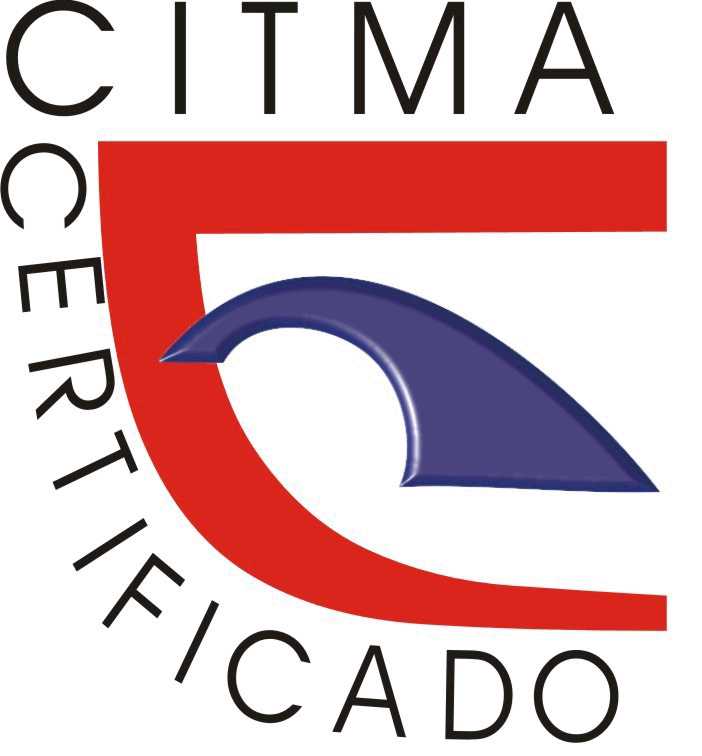Methods of community detection in hybrid network applied to the academic network analysis
Resumen
In the real-world, multiple-typed objects are interconnected, making heterogeneous information networks. Hybrid network is a heterogeneous network which contains a variety of node types and a variety of relationship types. The concept of heterogeneous network emphasizes the complexity at the level of network structure, while the network formed by the integration of multiple nodes and multiple relationships emphasizes the richness of studied functions. The characteristics of the multi-node and multi-relationship hybrid network are mainly reflected in the following two aspects: first, the diversity of nodes, including a variety of node types and, second, the richness of relationships. Community structure detection is a method used to identify clusters of nodes in a network. Community structure detection is the most widely studied structural features of complex networks. In this paper, we present a review about the method of community detection in hybrid network, and the application to the network analysis. Here, we present a revision of the main techniques, methods, data sets and algorithms used in the literature and, a short description of the general features of the community detection topics. Main authors and their contributions to this fields are introduced. The study is focused on the analysis of the multi-node and multi-relationship hybrid networks with the idea to apply these results to the academic network analysis. Considering the revised literature, we propose a hybrid network community detection algorithm based on meta-path, seed nodes and extend modularity method to study the academic networks.
Palabras clave
Texto completo:
PDF (English)Enlaces refback
- No hay ningún enlace refback.
_________________________________________________________________________________________________________
La Universidad de las Ciencias Informáticas (UCI), a través del sello editorial Ediciones Futuro, publica los contenidos de la Revista Cubana de Ciencias Informáticas (RCCI) bajo licencia Creative Commons de tipo Atribución 4.0 Internacional (CC BY 4.0). Esta licencia permite a otros distribuir, mezclar, ajustar y construir a partir de su obra, incluso con fines comerciales, siempre que le sea reconocida la autoría de la creación original. Saber más
_________________________________________________________________________________________________________
 | INDEXACIÓN | ||||||||
| | |